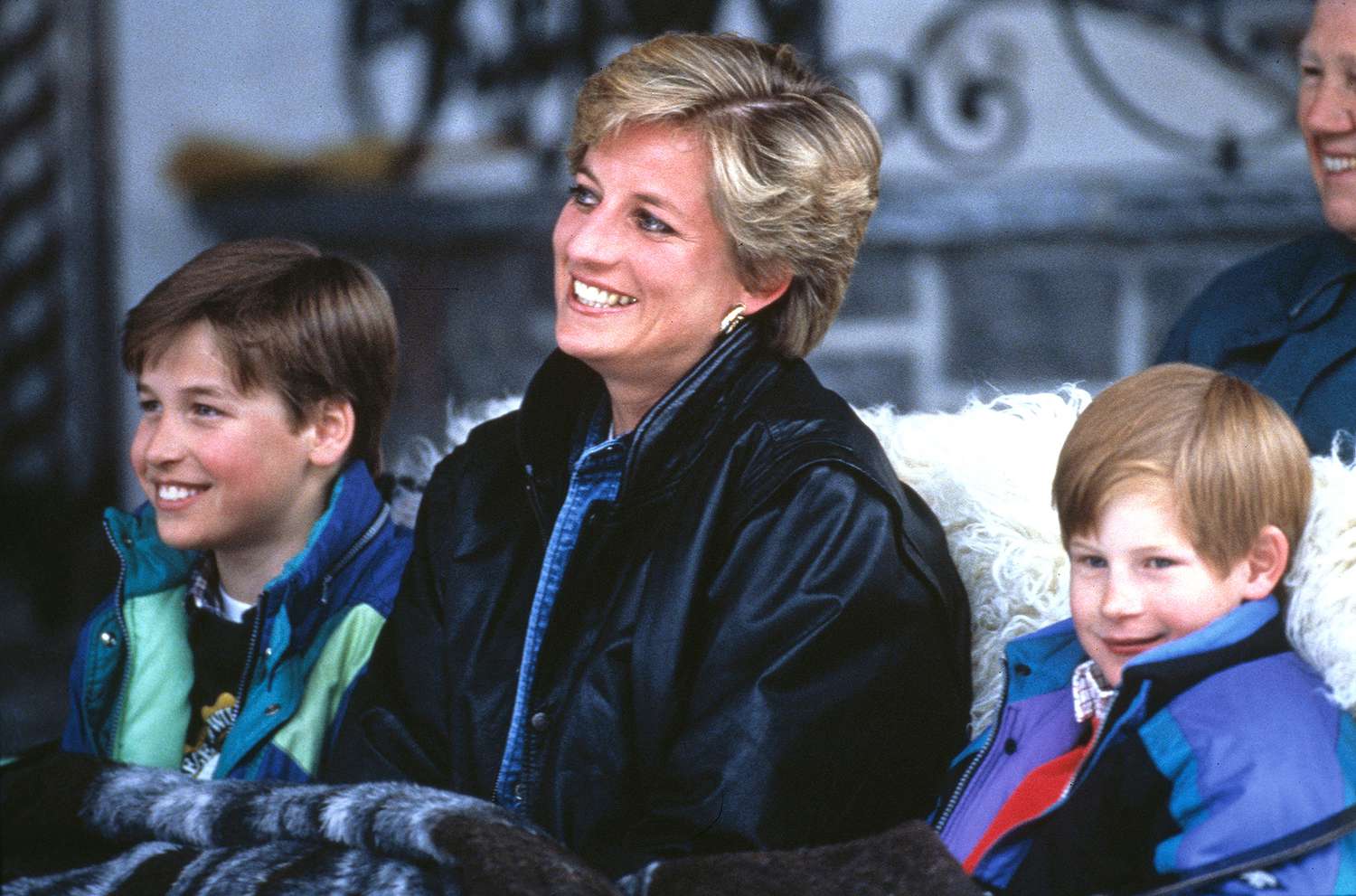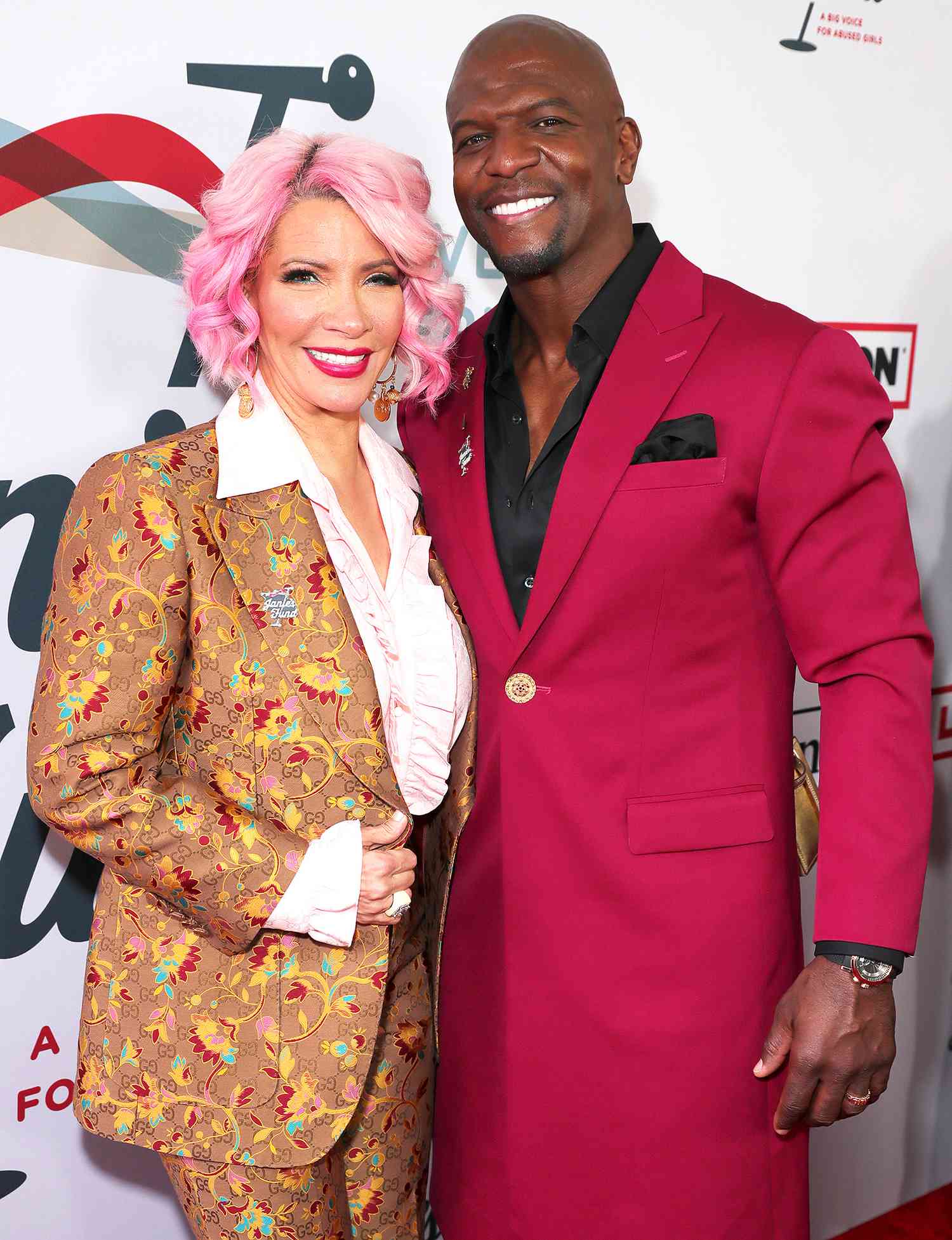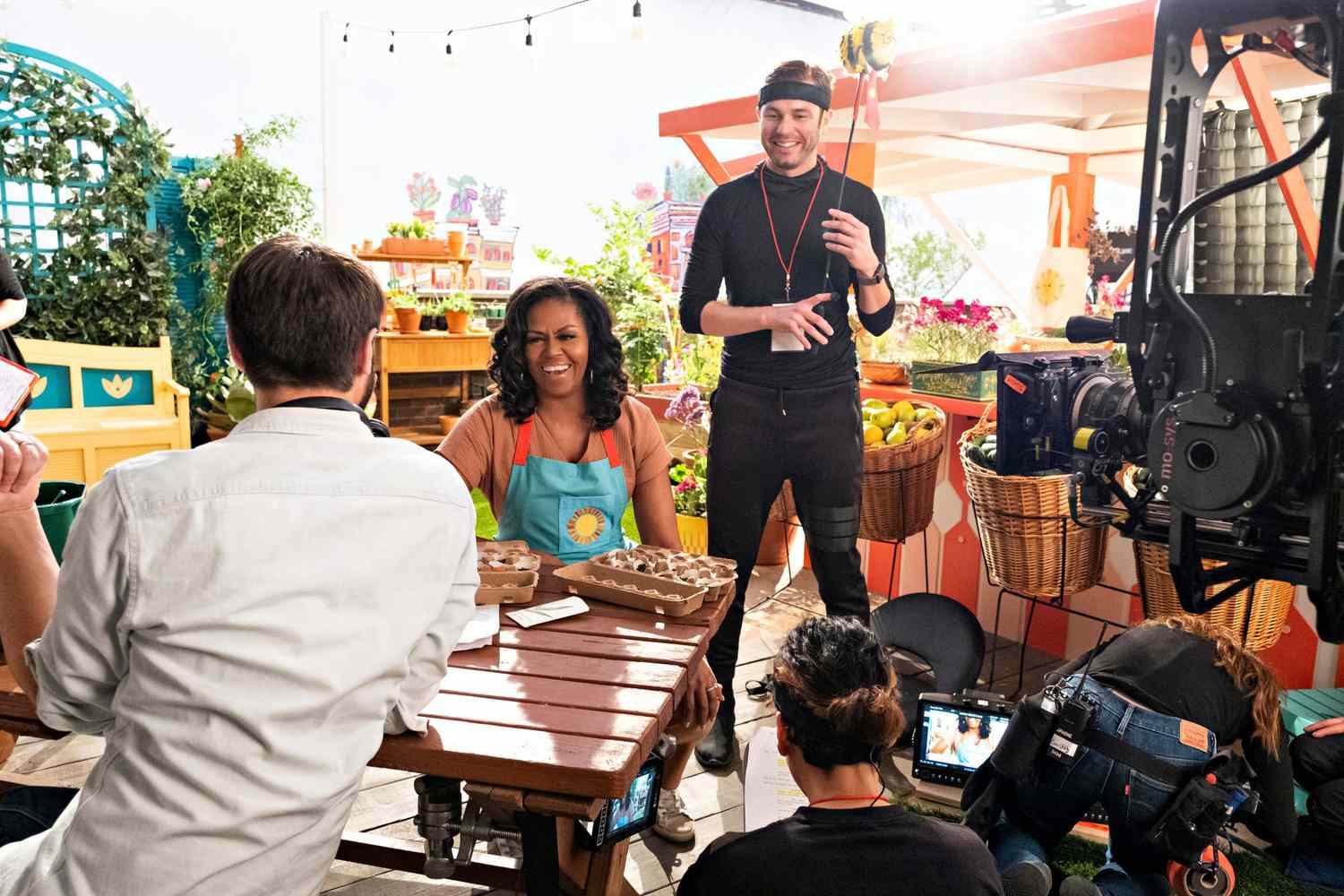
After more than three years of struggling with increasingly painful periods, Olivia Culpo finally has a diagnosis — endometriosis — and feels "so much better" thanks to a successful surgery.
The Sports Illustrated model, 28, has a story that's familiar to so many endometriosis sufferers: she was dealing with increasingly more painful periods, yet her symptoms were repeatedly brushed off by doctor after doctor.
"It was getting to the point where not only were my periods becoming unbearable, but then I've learned also that like another symptom of endometriosis as it's progressing is you have pain even in between periods. It's not only even when you're on your cycle, it could be in between," she tells PEOPLE. "I really tried my hardest to pretend that it wasn't there, and just cope and be able to do normal things that I wanted to be able to do. And then eventually, I realized that it was not possible. I just remember being on planes curled up in the fetal position, just crying to myself."
Culpo says she was "trying to put on a brave face," as she cycled through doctors, looking for a diagnosis, but she too frequently was told that her pain was " 'normal', and it wasn't."
It was also starting to hold her back.
"It slowly takes over your life," she says. "You begin to plan your life around endometriosis because you can't function. Every month, you don't know if it's going to be five times worse than last month, or ten times worse."
Culpo's breakthrough came after months of research, and years of pain. She was visiting her boyfriend, Carolina Panthers running back Christian McCaffrey, at his home in Charlotte, North Carolina when she started experiencing stabbing pain. After taking her to the emergency room, McCaffrey called the team's physician and asked for help, telling them that Culpo thought she may have endometriosis based on what she was reading on Reddit and seeing on YouTube. The physician connected them with Dr. Smitha Vilasagar, an OB-GYN who specializes in endometriosis and was able to diagnose Culpo.
The former Miss Universe says she knows "how lucky I was to have such care," and wishes every person struggling with endometriosis has the same help. That's in part why she partnered with the Endometriosis Foundation of America to share her story and encourage others with painful periods to seek help. She first revealed that she has endometriosis in August, and was shocked by the number of people who reached out saying that they, too, had the condition. At the time, Culpo wasn't ready for surgery and "really tried my hardest to go the holistic route," she says.
"I cut out caffeine. I cut out alcohol. I cut out gluten, dairy, sugar. And I was still in so much pain. And I think what had changed for me is when I felt like I had exhausted all resources outside of this move evasive route," she says.
In November, Culpo decided to undergo surgery, a "scary" prospect. But afterwards, she "felt so much better."
"I was definitely in pain," she says of the days after surgery. "But be honest with you, it was nothing compared to the pain that I had been feeling on a monthly basis. It's nothing. It's a walk in the park compared to the monthly pain that you have with endo."
Culpo continued to heal and got on birth control, which helps to keep the endometrial tissue at bay, and now says that surgery "was the best decision that I ever made." She'll need surgery again in a few years to clear out any tissue that regrows, a commonality for anyone with endometriosis and an important step before having kids, which was a major concern for Culpo when she got her diagnosis.
"I was so concerned about infertility when I finally was diagnosed," she says. "And she said that I needed to check on my AMH levels [a blood test to monitor egg count] just to make sure I am good to go for children and that my egg count was okay. I am so lucky because I got all of this under control as soon as I could."
Culpo urges anyone with painful periods not to wait, and to see if they too have endometriosis.
"Use all available resources, do your research, go online, go on YouTube, ask your friends' friends who maybe has endometriosis and create a support system for yourself so that you don't feel so alone," she says. "And not only is that empowering and makes you feel better, but it will get you the help that you need."





Source: Read Full Article